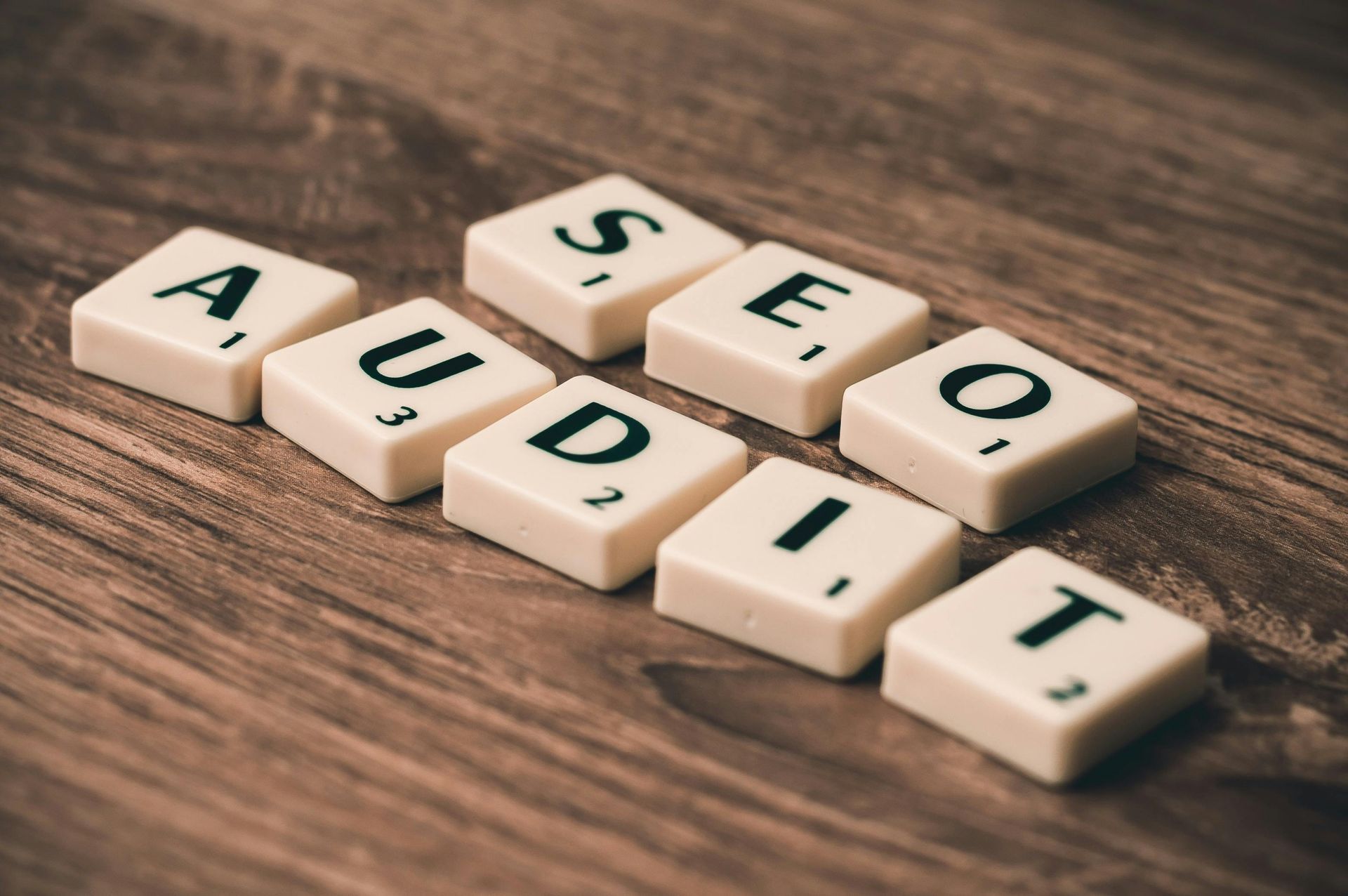by Richard Jaques
•
26 March 2025
In today's digital landscape, effective content marketing can be the key differentiator for small businesses striving to stand out. As consumers increasingly turn to online platforms for information, brands must engage their audiences through valuable content that resonates with their needs. Understanding the nuances of content marketing is crucial; it encompasses various strategies designed to attract, inform, and delight customers while ultimately driving sales. From developing engaging customer personas to measuring success through specific metrics, small businesses have an incredible opportunity to refine their marketing approach. This article explores eight proven strategies that can lead to content marketing success for small businesses, equipping you with the tools necessary to create impactful and sustainable marketing efforts. 1. Understanding the Importance of Content Marketing Content marketing is vital for small businesses. It helps connect them with their target audience, builds brand awareness, and drives organic traffic. A well thought out content marketing strategy lets small businesses compete with larger companies by using cost effective methods. Regularly sharing valuable content can position a business as an expert in its field. This fosters trust and encourages potential customers to seek their services. Documenting your content strategy also increases the chances of seeing your marketing efforts as effective, allowing a higher allocation of budget toward content marketing. Creating a diverse range of content types is key. Here are some content formats to consider: Blog Posts Social Media Posts Email Marketing Visual Content Developing a strategic content plan helps business owners carve out unique market spaces. Establishing clear business goals and using tools like Google Analytics to gauge conversion rates can refine your approach. Below is a quick checklist for effective content marketing: Know your target audience Set SMART goals Use a content calendar Perform a content audit By focusing on these elements, small businesses can enhance their content marketing efforts and achieve growth. 2. Developing Customer Personas for Targeted Engagement To create targeted content, small business owners should develop detailed buyer personas. These personas are fictional versions of ideal customers, including demographic and psychographic details. Tools like Google Analytics and social media insights provide valuable data to shape these personas, making them more accurate. Understanding your target audience through buyer personas is key. It allows content marketers to tailor pieces of content that address specific needs and challenges. This approach boosts engagement and builds trust with potential customers. It is often necessary to have multiple personas to cater to various products, services, or customer segments. Each persona reflects different motivations and interactions with your brand at various stages of the customer journey. Here's how you can develop them: Collect Data: Use surveys, Google Analytics, and social media insights. Analyse: Determine the needs, interests, and behaviours of your audience. Create Multiple Personas: Define different segments based on your findings. Tailor Content: Use the personas to guide your content marketing efforts. Effective personas lead to a successful content marketing strategy, enhancing your business goals with every piece of content created. 3. Crafting a Comprehensive Content Plan Creating a successful content plan is key for small business owners. It acts as a guide to align all your content marketing efforts with your business goals. Here’s how you can craft a comprehensive content plan: Identify Key Topic Areas: Focus on subjects relevant to your target audience. This ensures you create valuable content that speaks directly to potential customers. Choose Content Types: Use a mix of blog posts, infographics, and videos. Different content formats can help engage various segments of your market. Plan Distribution Channels: Decide where to share your content. Consider social media posts, email marketing, and your website for maximum reach. Set Calls to Action: Encourage your audience to take the next step. This could be signing up for a newsletter or visiting a product page. Utilise a Content Calendar: This keeps your content marketing strategy organised and consistent, minimising missed opportunities. Analyse Metrics: Use Google Analytics to track conversion rates, engagement, and content performance. Including these elements in your content plan aligns with the fact that structured strategies significantly boost success rates. Regular content audits refine this strategy further, ensuring continued engagement and growth .







